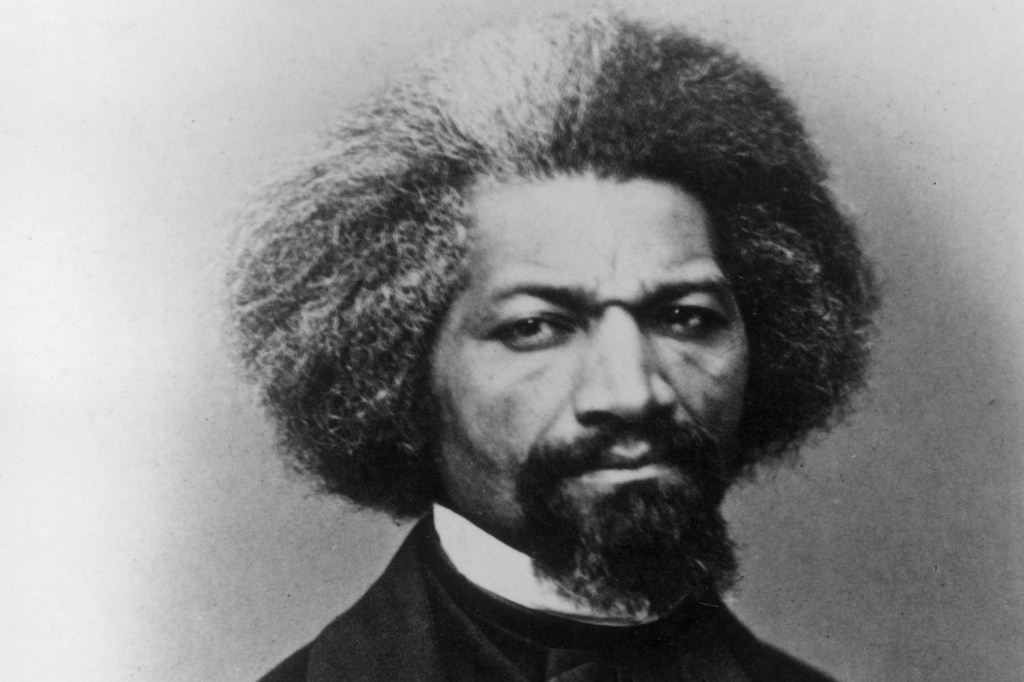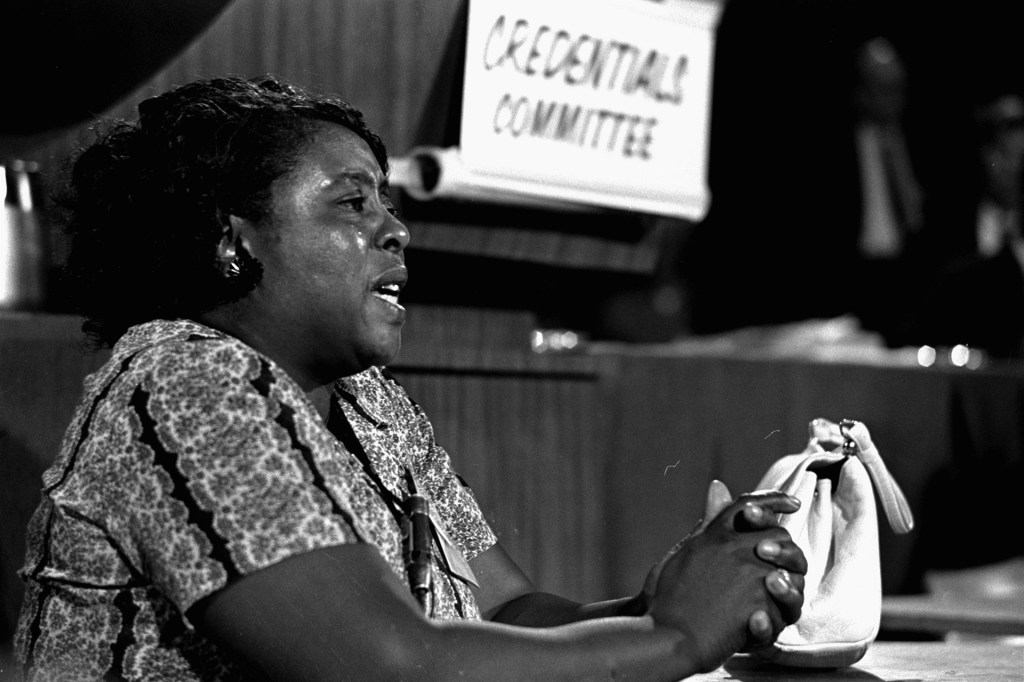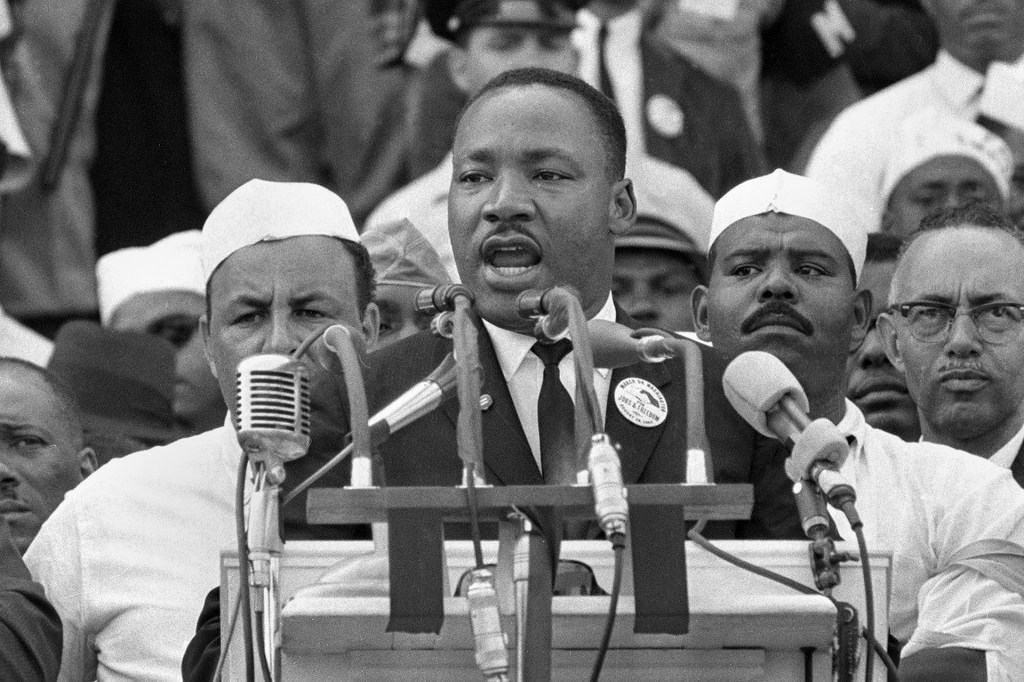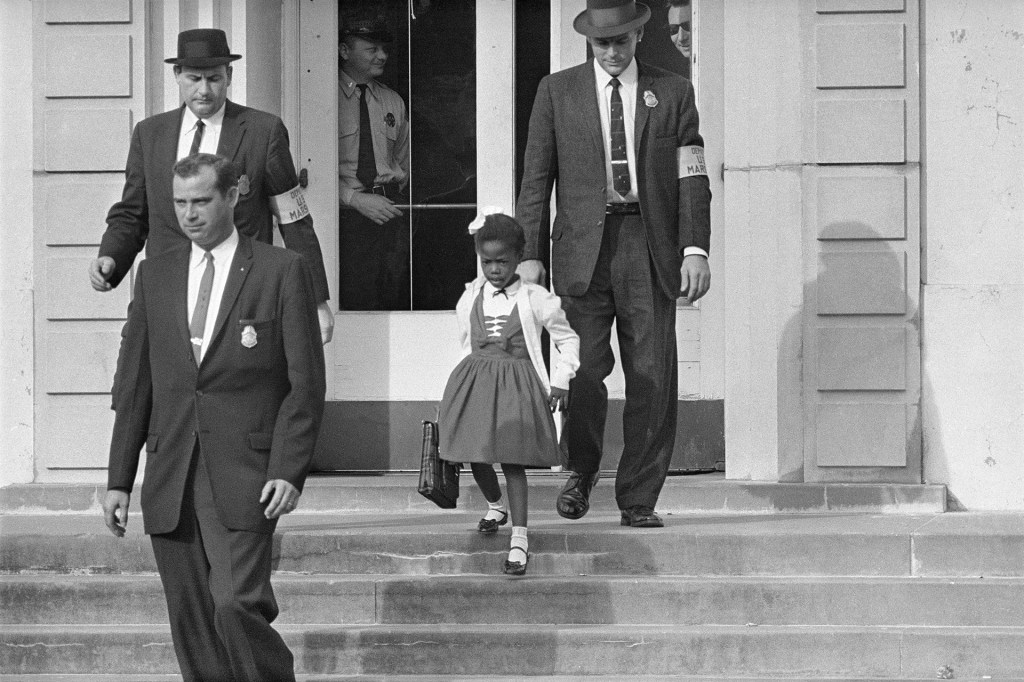Lyndon B. Johnson
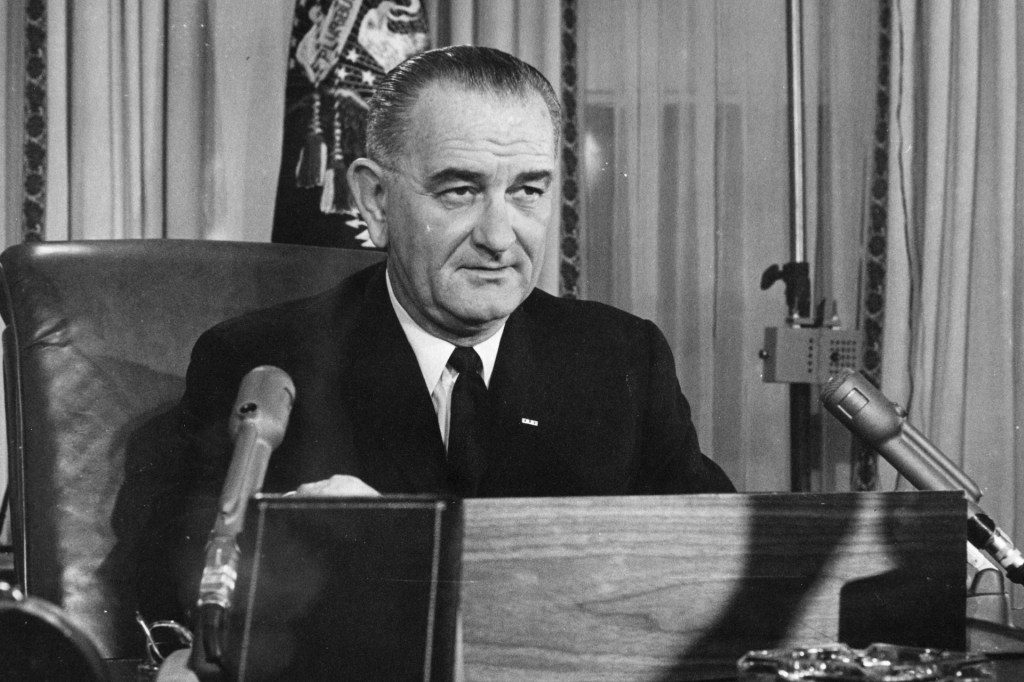
President Lyndon B. Johnson (August 27, 1908—January 22, 1973) advanced equality through civil rights law and programs to help the poor. He is also remembered for increasing U.S. military involvement in the Vietnam War.
Lyndon B. Johnson became president after John F. Kennedy was assassinated
assassinate
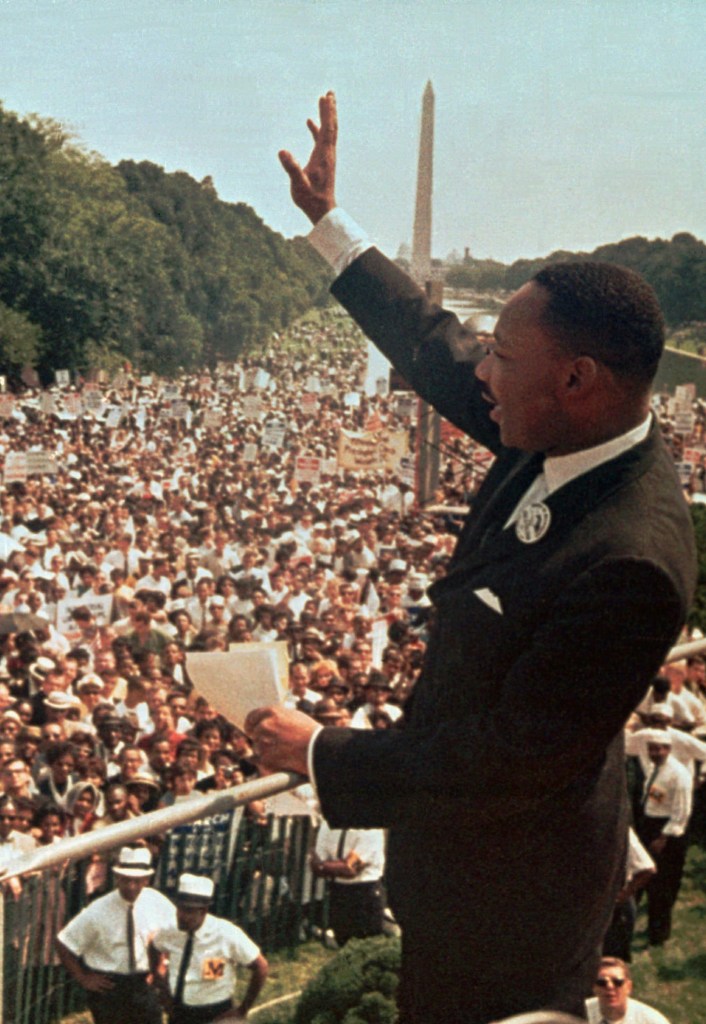 AP
to murder a public figure
(verb)
People around the world grieved after Martin Luther King Jr. was assassinated.
on November 22, 1963. He promised to continue Kennedy’s civil rights policies
policy
AP
to murder a public figure
(verb)
People around the world grieved after Martin Luther King Jr. was assassinated.
on November 22, 1963. He promised to continue Kennedy’s civil rights policies
policy
 HILL STREET STUDIOS/GETTY IMAGES
a set of plans or actions adopted or proposed by a government, party, business, or an individual
(noun)
The politician proposed a new policy to reduce pollution.
. He set out to create a society where all Americans could succeed. In January 1964, Johnson urged Congress “not only to relieve the symptom of poverty, but to cure it and, above all, to prevent it.”
HILL STREET STUDIOS/GETTY IMAGES
a set of plans or actions adopted or proposed by a government, party, business, or an individual
(noun)
The politician proposed a new policy to reduce pollution.
. He set out to create a society where all Americans could succeed. In January 1964, Johnson urged Congress “not only to relieve the symptom of poverty, but to cure it and, above all, to prevent it.”
Throughout Johnson’s childhood, his family had financial difficulties. His father lost the family’s farm in central Texas when Johnson was young. Johnson then worked his way through college and earned a teaching degree. He spent a year teaching poor students in a largely Mexican-American school. This experience, along with his own humble
humble
 ANDERSEN ROSS—GETTY IMAGES
not arrogant; poor; from a low economic class
(adjective)
She rose from humble origins to become wealthy.
childhood, added to Johnson’s commitment to ending poverty.
ANDERSEN ROSS—GETTY IMAGES
not arrogant; poor; from a low economic class
(adjective)
She rose from humble origins to become wealthy.
childhood, added to Johnson’s commitment to ending poverty.
Johnson was a successful teacher. But he had political dreams. In 1931, he left the classroom to work for a congressman in Washington, D.C. Six years later, Johnson won a seat in the U.S. House of Representatives. He had married Claudia “Lady Bird” Taylor in 1934. She played a key role in his success.
In 1948, Johnson was elected to the U.S. Senate. In the 1960 presidential election, Kennedy chose Johnson as his vice-presidential running mate. The pair took office in 1961.
But two years later, President Kennedy was assassinated in Dallas, Texas. Johnson took the oath of office just hours after Kennedy’s death. Then he addressed the nation. “We have suffered a loss that cannot be weighed,” he said. “I will do my best. That is all I can do.”

President Johnson meets with civil rights leader Dr. Martin Luther King Jr. at the White House in December 1963. Throughout his presidency, Johnson worked with King to enact major civil rights reforms.
OKAMOTO/PHOTOQUEST/GETTY IMAGESThe Great Society
In May 1964, Johnson announced his vision for the country. He called it the Great Society. The goal? To end poverty and inequality. Two months later, he won a major victory. He signed into law the Civil Rights Act of 1964. It banned discrimination based on race, gender, and religion.
Johnson went on to win the 1964 presidential election. He then set out to create social programs to help the poor. Many of these programs still exist today. They include Head Start, Medicare, Medicaid, and food stamps.
The Vietnam Effect
Despite these successes, Johnson’s presidency was overshadowed by the Vietnam War. Past presidents, including Kennedy, had sent military and economic assistance to the South Vietnamese. The goal was to support them against the communist government of North Vietnam.
Communism is an economic and political system in which the government owns all property, resources, and businesses. The U.S. hoped to prevent the spread of communism across the world in the years following World War II. Tensions led to the Cold War. This global struggle developed between pro-communist forces and the U.S. and its allies. The pro-communist forces were led by the Soviet Union.
When it came to Vietnam, Johnson struggled with his choices. He had to decide whether to pull American forces out of the fight or commit fully to defeating North Vietnam. He wanted to stop communism’s spread. But he also feared that the war could not be won. “I don’t think it’s worth fighting for, and I don’t think we can get out,” he said in May 1964.
Despite Johnson’s concerns, he increased U.S. involvement. By 1968, the number of U.S. troops in Vietnam had grown to 548,000. During that same year, the number of American soldiers killed reached 30,000. The war also cost the U.S. billions of dollars.
The Vietnam War became increasingly unpopular with the American public. Johnson decided not to seek reelection in 1968. He died of a heart attack at his Texas ranch on January 22, 1973. Less than a week later, the U.S. signed the peace treaty that ended the war.




